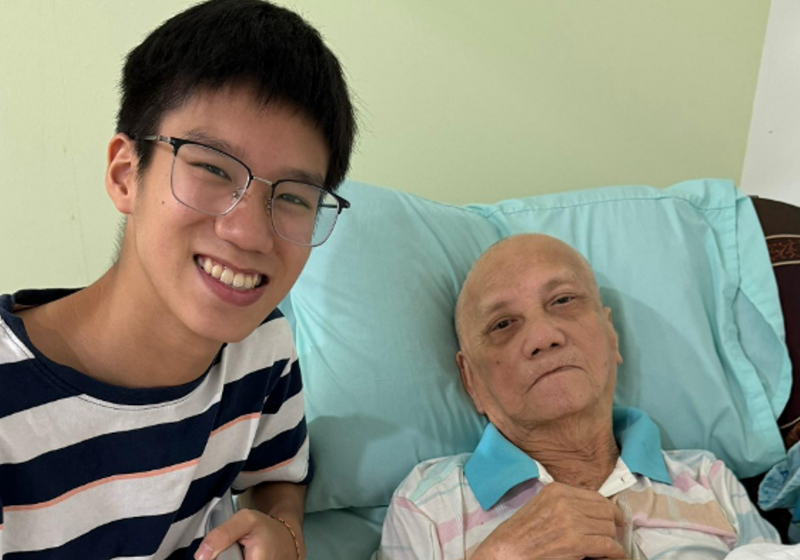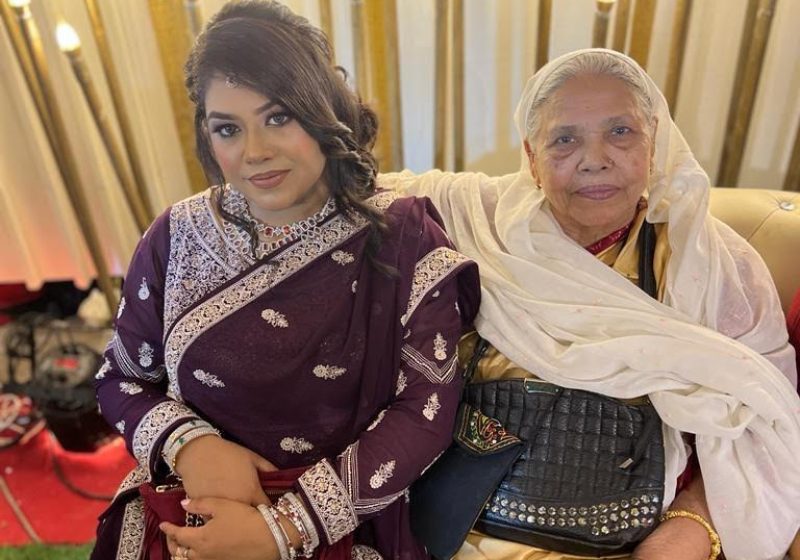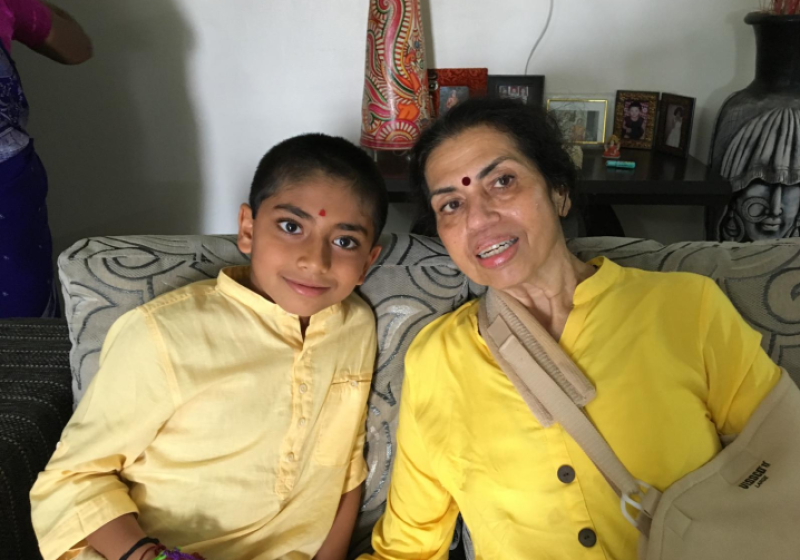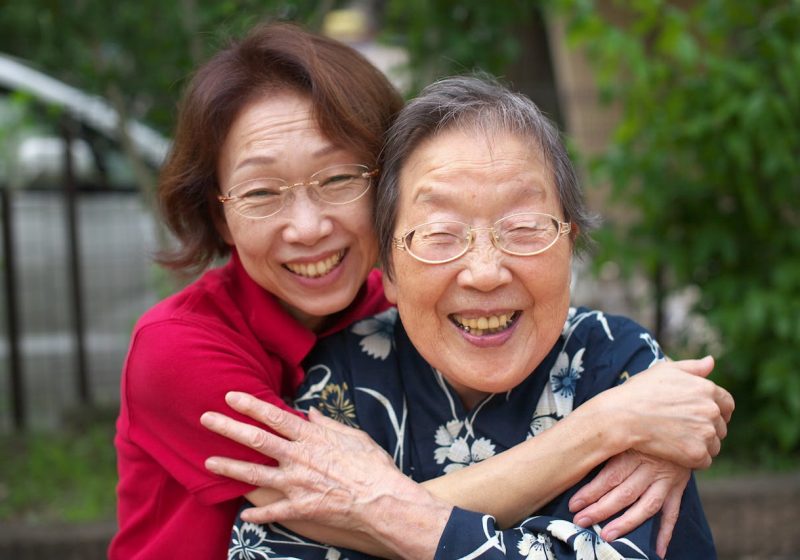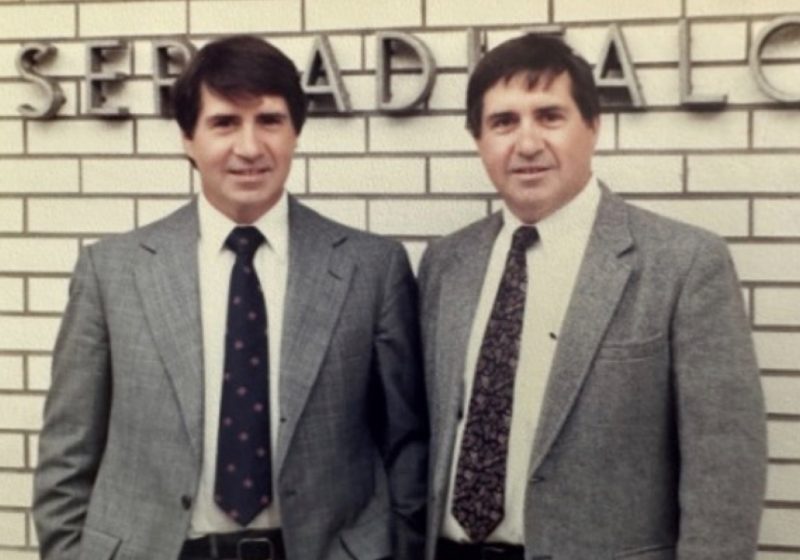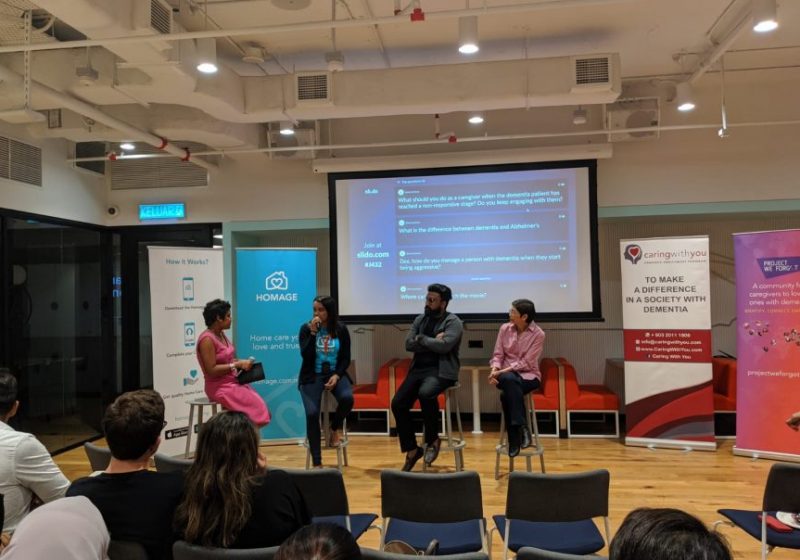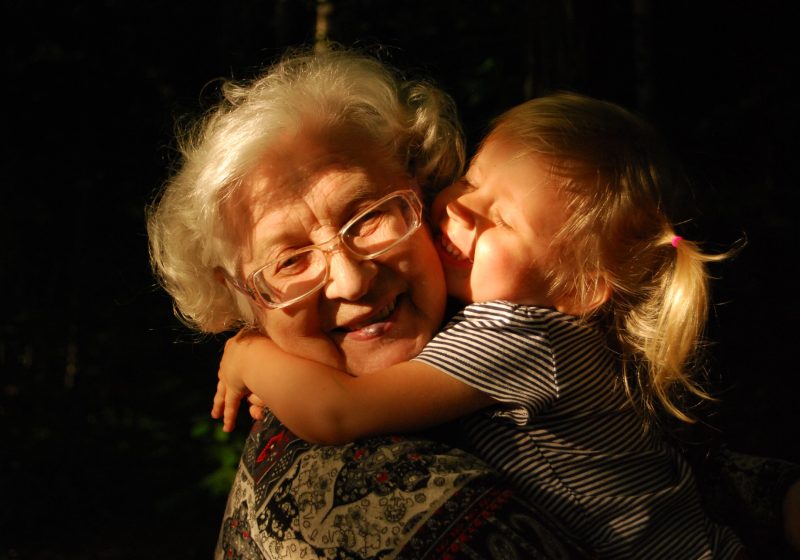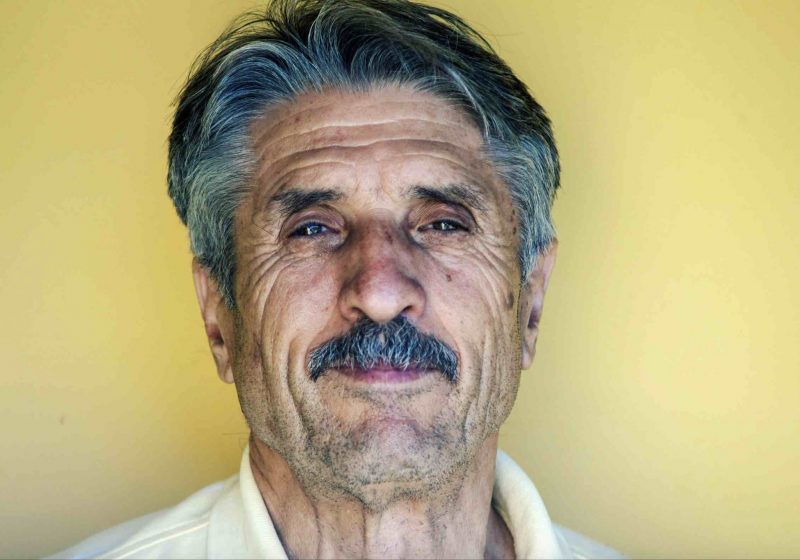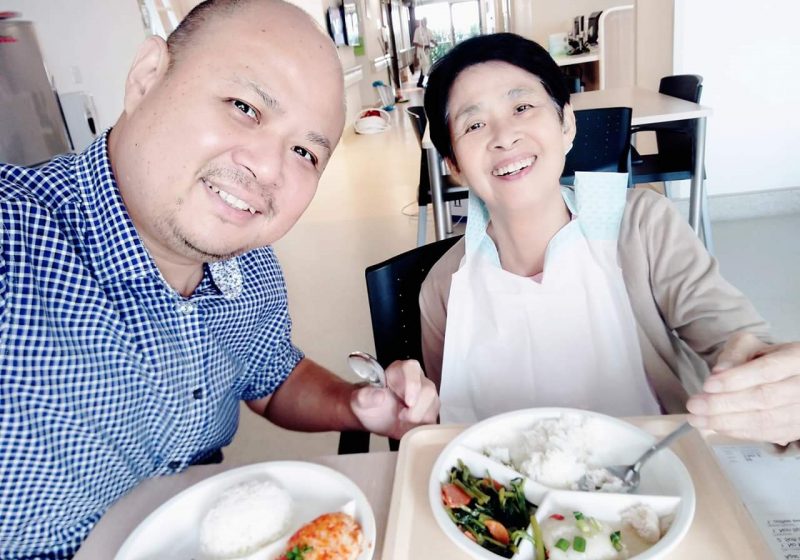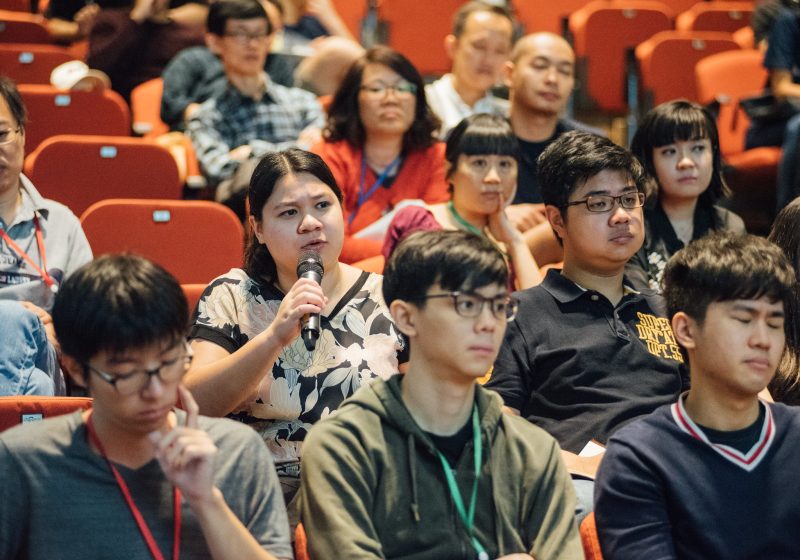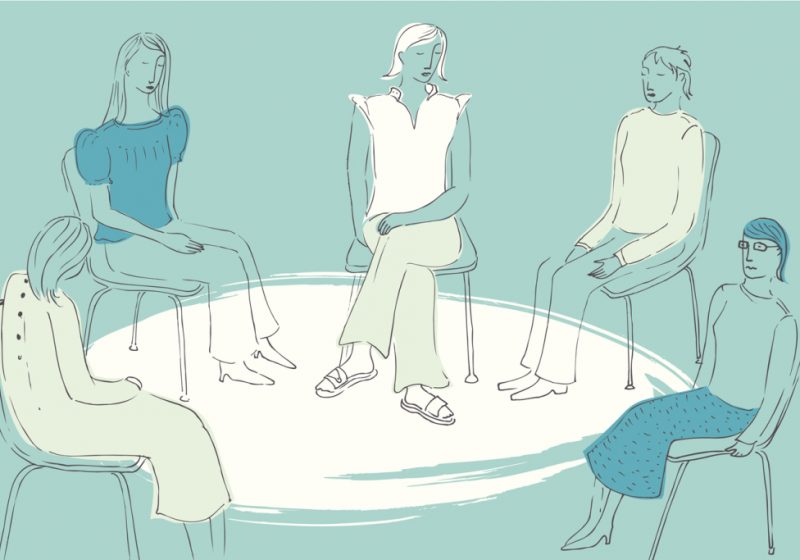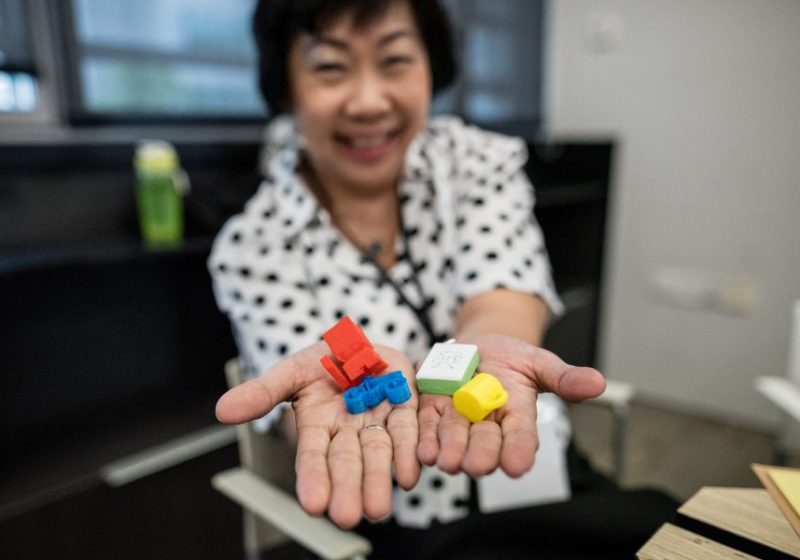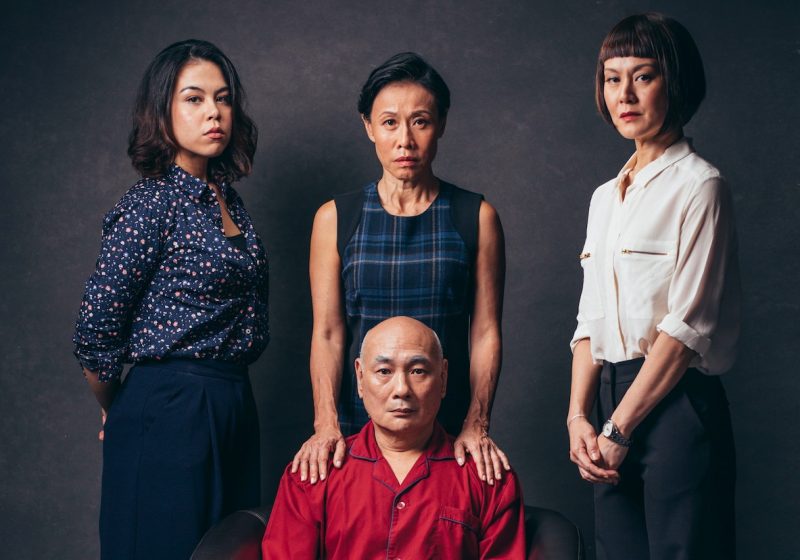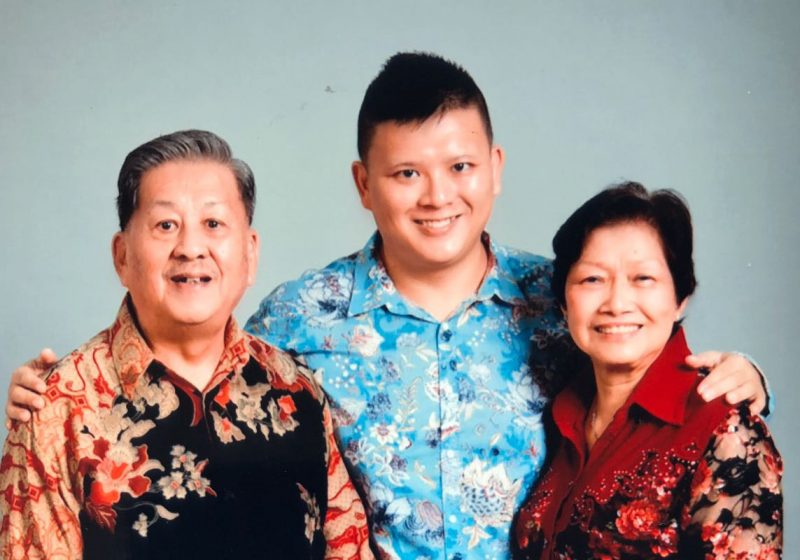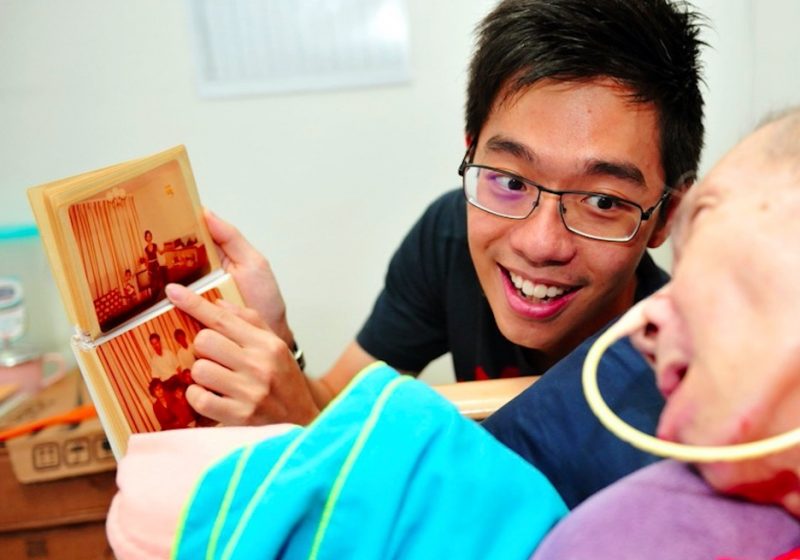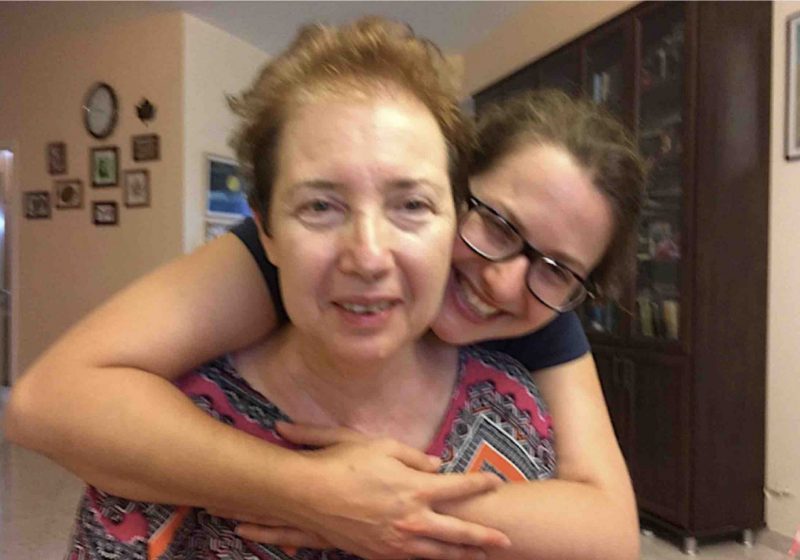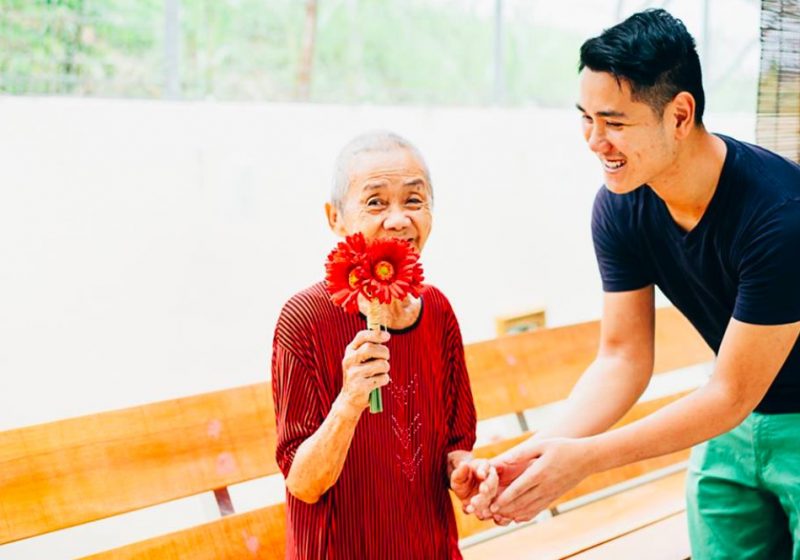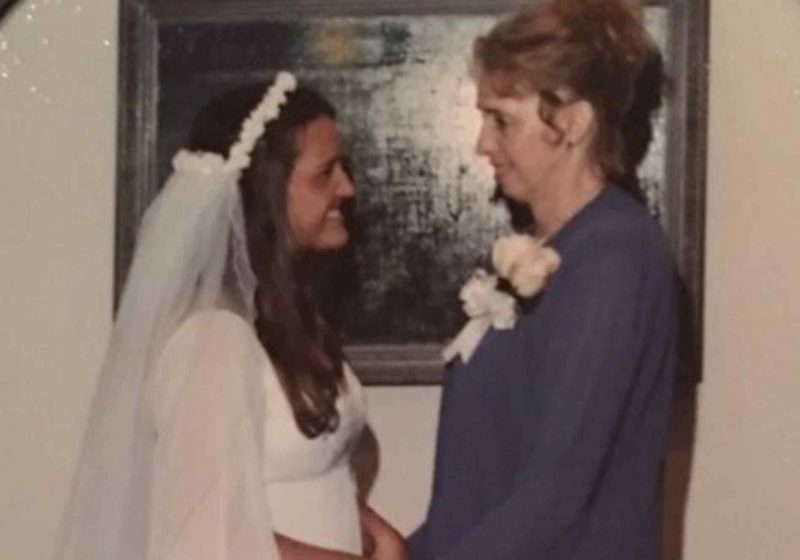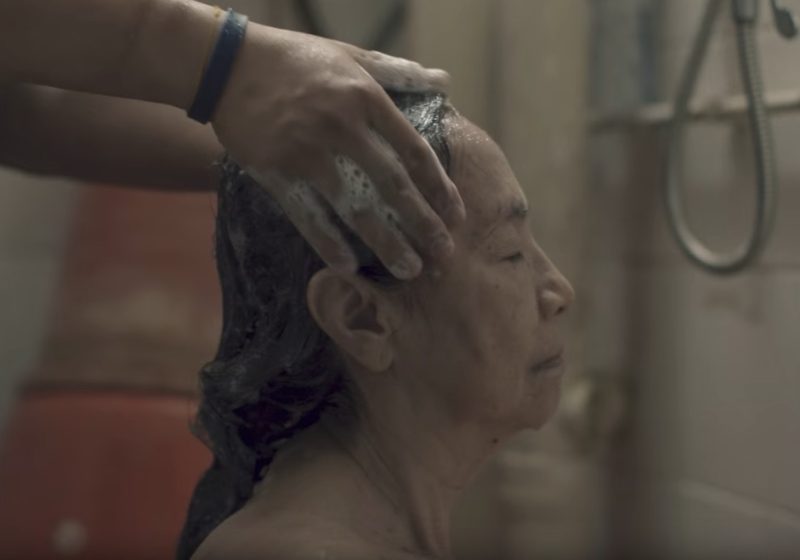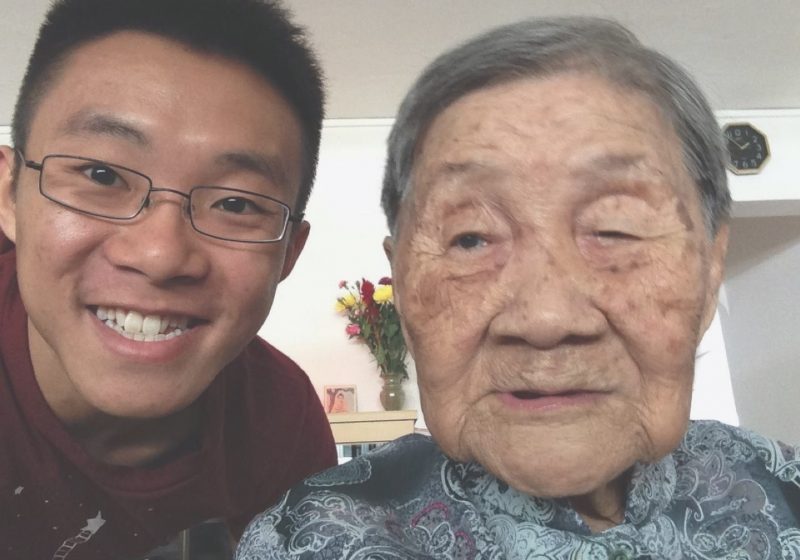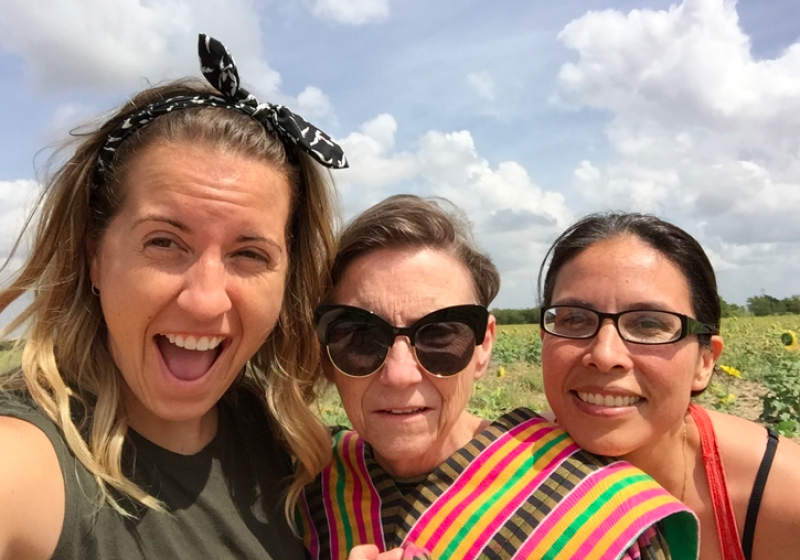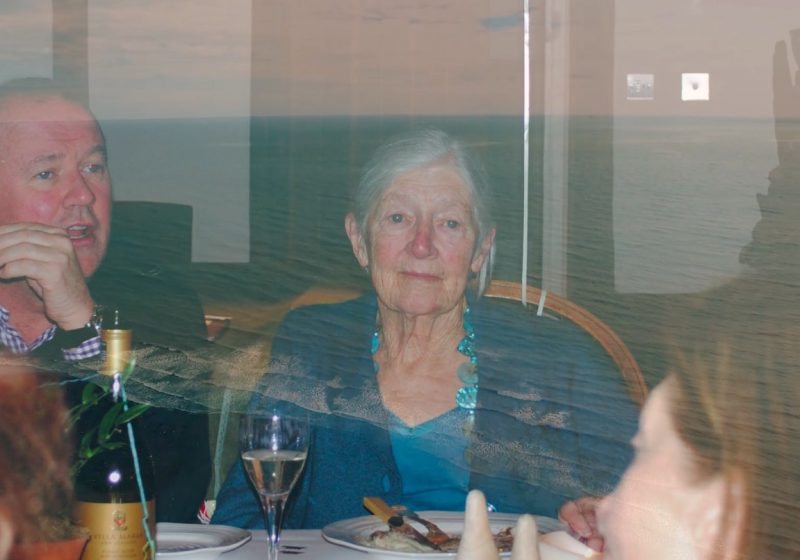Financial and legal matters may not be the first thing that caregivers think about when faced with a loved one’s diagnosis of Alzheimer’s disease or another form of dementia. However, these are important issues that should not be overlooked.
By Sriyani Rao

You are doing a great job: making sure your loved one receives the best care at home, coming up with engaging activities, and getting the family together for caregiving support. While caring for your loved one with dementia, it is easy to focus on the present and come up with short-term plans.
However, it is also important—and critical—to start planning for end-of-life care.
Why plan ahead?
Financial and legal matters may not be the first thing that caregivers think about when faced with a loved one’s diagnosis of Alzheimer’s disease or another form of dementia. However, these are important issues that should not be overlooked.
In a survey done by the Ministry of Health Malaysia, it is estimated that 1 in 10 Malaysians, aged 60 and above, are diagnosed with dementia. When a person with late stage Alzheimer’s or dementia nears the end of life and is no longer able to make decisions with a sound mind, family members must make choices on the person’s behalf.
Ideally, your loved one should put in place advance directives that specify final wishes such as preferred living arrangements, long-term care plans, pain management, care for a pet, and even funeral arrangements.
Advance directives should be made when your loved one with dementia still has legal capacity—the level of judgment and decision-making ability needed to sign official documents or to make medical and financial decisions. These legal documents should be completed as soon as possible after the diagnosis of dementia including power of attorney and a living will. Get in touch with ACG Concept Malaysia for more information about end-of-life planning.
“The sooner plans are put in place, the more likely it is that your loved one with dementia will be able to participate in the decision-making process.”
Power of attorney
Power of attorney is an arrangement that names a representative, a close friend or family member, to make decisions about your loved one’s healthcare. This legal representative is able to decide on the types of treatment your loved one will receive and take ownership of your loved one‘s finances. With power of attorney, this representative will also be expected to help make end-of-life decisions such as resuscitation, especially if a living will has not been put in place.
Living will
A living will is another type of advance directive. It is a set of written instructions that provides specific preferences about the kind of medical treatment your loved one would or would not want to have.
A living will does not designate someone to make medical decisions on your loved one’s behalf, but rather allows your loved one to communicate wishes about future care. Your loved one can specify preferences for medical treatments, such as feeding tubes and resuscitation.
Do Not Resuscitate (DNR)
Do Not Resuscitate (DNR) is a medical order that states the individual does not want cardiopulmonary resuscitation (CPR) performed if your loved one’s breathing or heart stops. A DNR is only relevant when it comes to CPR; it does not give any other medical instructions.
Prolonging end-of-life care
From tube feeding to palliative care, deciding on treatment options in the late stage of your loved one’s condition is part of end-of-life planning. For example, if your loved one with Alzheimer’s is no longer able to breathe independently, a respirator may be used to assist with breathing. However, keep in mind that it may also cause unnecessary stress and greater discomfort—key factors that need to be taken into account during the decision-making process.
Advanced planning for end-of-life care would help you and the family make consistent decisions with what your loved one would have wanted, while acting in your loved one’s best interest. These decisions should respect your loved one’s values and wishes while maintaining comfort and dignity. Talk to other caregivers in the Project We Forgot Dementia Community for more insight on end-of-life planning.
Project We Forgot (PWF) Malaysia will be taking part in the conference, Mental incapacity: Do we have the will to care for those who are vulnerable? Organized by STEP Malaysia in collaboration with Alzheimer’s Disease Foundation (ADI) Malaysia, the conference takes place on 24 October 2019 at the Asian International Arbitration Centre, Kuala Lumpur. Find out more.


